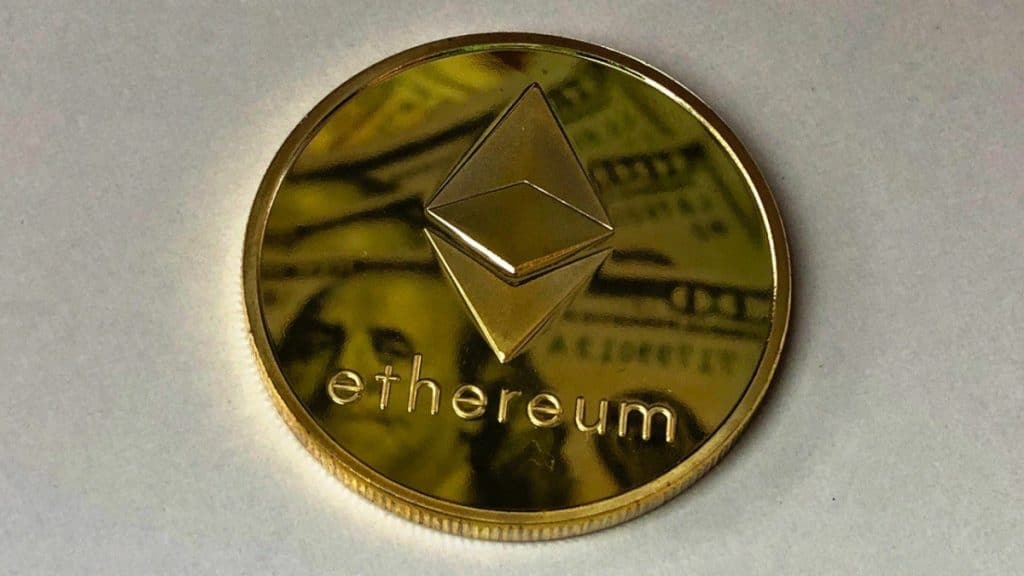Ethereum is a blockchain technology widely recognised for pioneering in developing and deploying smart contracts. These digital contracts can execute automatically when predefined conditions are met. Etheruem price often reflects its technological advancements and the growing adoption of its smart contract functionality. This article explores Ethereum’s influence on the future of smart contracts, highlighting their potential impacts on several sectors and the challenges and opportunities that lie ahead.
The Evolution of Smart Contracts on Ethereum
Ethereum’s introduction of intelligent contracts marked a significant evolution in the blockchain domain. Ethereum has facilitated a new wave of digital solutions across industries by providing a platform for developers to create decentralised applications (DApps). These contracts are not just lines of code; they represent trust, efficiency, and transaction transparency. The evolution of smart contracts on Ethereum has set the stage for more complex and reliable applications, from simple transactions to intricate decentralized finance (DeFi) protocols, demonstrating the platform’s flexibility and capability to revolutionise traditional business models.
Impacts on Various Sectors
Smart contracts on Ethereum hold the potential to impact various sectors significantly. In finance, they introduce automation and security to streamline processes, reduce fraud, and lower costs. The supply chain industry can benefit from enhanced traceability and efficiency, ensuring authenticity and timely delivery of products. Furthermore, intelligent contracts offer new ways to manage rights and royalties in intellectual property and creative works, ensuring creators are fairly compensated. The versatility of Ethereum’s smart contracts promises widespread transformation across these and many other fields, fostering innovation and efficiency.
Ethereum’s Upgrades and the Future Scalability
Ethereum’s roadmap includes significant upgrades to address current limitations, particularly scalability and energy efficiency. The transition to Ethereum 2.0, through mechanisms like Proof of Stake (PoS) and sharding, promises to enhance the network’s capacity to process transactions and execute smart contracts more efficiently. These upgrades are crucial for accommodating the growing demand for Ethereum’s innovative contract capabilities, ensuring the platform can support more complex and user-intensive applications. The success of these upgrades will be pivotal in determining Etheruem price in the future landscape of digital contracts.
Exploring New Horizons with Smart Contracts
As Ethereum continues to evolve, the potential applications for smart contracts are only limited by the imagination. From creating decentralised autonomous organisations (DAOs) to enabling secure voting systems and revolutionising identity verification, smart contracts are set to open new horizons. Integrating artificial intelligence (AI) with smart contracts could enhance functionality, enabling more dynamic and responsive contracts that adapt to changing conditions and data. Ethereum’s ongoing development and community support are critical in exploring these new frontiers and pushing the boundaries of possible possibilities for smart contracts.
Ethereum’s role in the development and future of smart contracts cannot be overstated. As the platform evolves, addressing challenges like scalability and regulatory compliance, it paves the way for broader adoption and more innovative applications of this technology. The potential impacts on various sectors highlight the transformative power of smart contracts, offering a glimpse into a future where transactions are more efficient, transparent, and secure. As Ethereum continues to advance, the future of intelligent contracts appears promising and boundless, with endless possibilities for redefining interactions and processes in the digital age.
